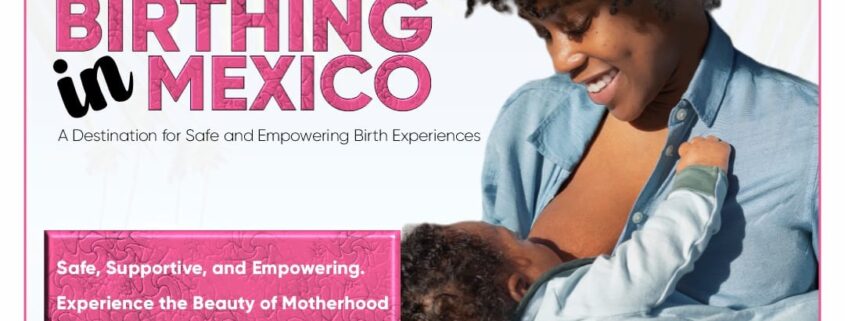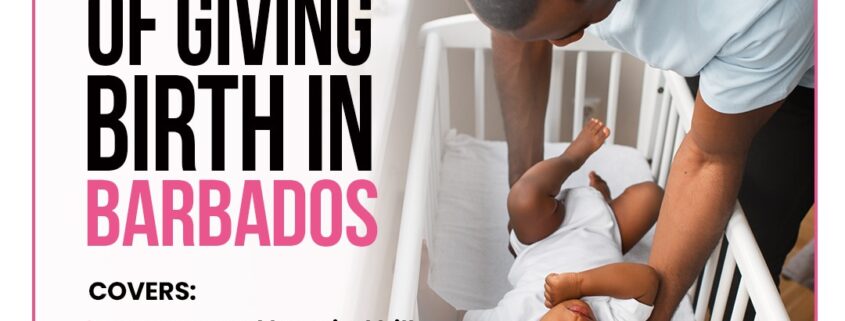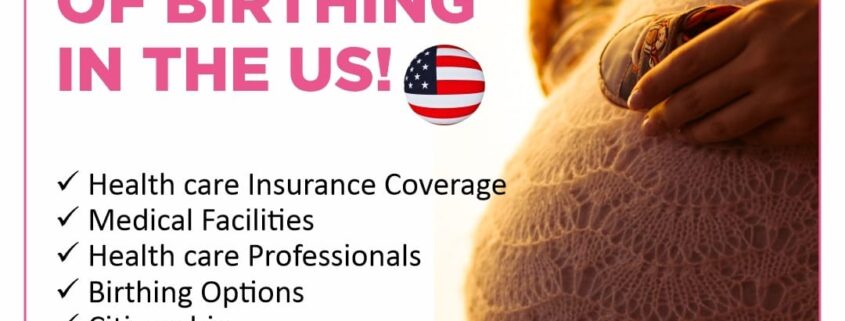TIPS ON BIRTHING ABROAD
/0 Comments/in Medicals, Uncategorized/by aspomBirthing abroad can be a unique and sometimes challenging experience, but with careful planning and preparation, it can also be incredibly rewarding. Here are some tips to help you navigate the process:
Research: Start by researching the healthcare system in the country where you plan to give birth. Understand their practices, regulations, and available facilities for maternity care. Look into whether they have reputable hospitals or birthing centers.
Consult with Healthcare Providers: Schedule appointments with healthcare providers both in your home country and in the country where you plan to give birth. This will help you understand any potential risks or complications specific to your situation and destination.
Legal Requirements: Familiarize yourself with the legal requirements for giving birth abroad. This may include visas, residency permits, and birth registration procedures. Make sure you have all necessary documentation in order well before your due date.
Health Insurance: Check whether your current health insurance covers international maternity care. If not, consider purchasing travel insurance or additional coverage specifically for maternity care abroad. Be clear about what expenses will be covered and what you may need to pay out of pocket.
Choose a Healthcare Provider: Select a healthcare provider or facility for prenatal care and delivery. Consider factors such as reputation, language barriers (if any), and proximity to where you’ll be staying.
Communicate: Ensure clear communication with your healthcare providers. If language barriers exist, consider hiring a translator or interpreter to accompany you to appointments and during labor.
Prenatal Care: Attend all scheduled prenatal appointments and screenings. This is crucial for monitoring the health of both you and your baby and for detecting any potential issues early on. Pack Essentials: Prepare a hospital bag with all the essentials you’ll need for labor and delivery, as well as postpartum care. Include any medications, important documents, comfortable clothing, toiletries, and items for your baby.
Plan for Aftercare: Research postnatal care options in the area where you’ll be staying after giving birth. This may include pediatricians for your baby, lactation consultants if you plan to breastfeed, and support groups for new parents.
Emergency Plan: Familiarize yourself with emergency procedures and know how to access medical help in case of complications during labor or after delivery. Save important numbers, such as local emergency services and your embassy or consulate, in your phone.
Cultural Considerations: Be aware of cultural differences in birthing practices and customs. Respect local traditions and norms, but also advocate for your own preferences and needs during labor and delivery. Stay Flexible: Keep in mind that things may not go exactly as planned, and be prepared to adapt to unexpected circumstances. Stay flexible and open-minded throughout the birthing process.
By following these tips and taking proactive steps to plan for your birthing experience abroad, you can help ensure a smooth and positive journey for both you and your baby





